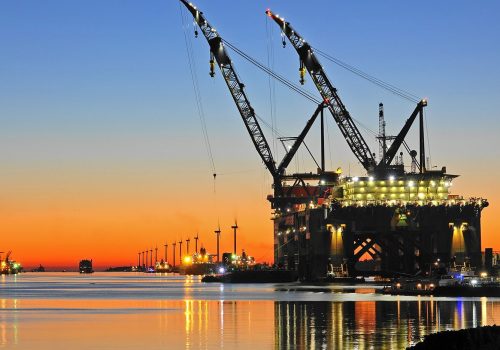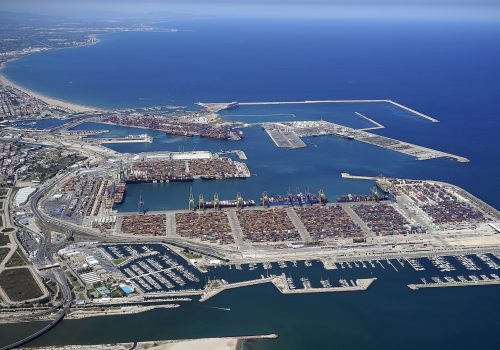Los Angeles and California: Environmental policy as a catalyst for cleantech ecosystems
California and one of its most important tech-innovation ecosystems, Los Angeles, have combatted climate change and other environmental problems through innovation in both policymaking and technological invention and scaling. This paper first examines environmental and climate policymaking at the state level, actions that have been designed, in part, to spur tech-based innovation in California. Then it shifts its analytical focus to Los Angeles, one of the most important tech-innovation ecosystems in the state, especially when it comes to environmental technologies. Finally, this paper assesses the significant risks to California’s model and asks whether its tech ecosystems can transition to a fully decarbonized economy despite these risks.
Although California’s story is mostly one of success, both the state of California and the city of Los Angeles face several significant challenges that could undermine their longstanding formulas. First, California’s economy is at some risk of losing its luster given its longstanding reputation as a high-cost state for workers and business. Second, California’s monumental plans to combat climate change—including the massive expansion of wind and solar infrastructure—are at odds with other elements of the state’s environmental legacy, such as habitat conservation. Third, climate change itself might derail decarbonization as extreme weather worsens, threatening communities, business, and the power grid. California’s continued success as a global technology and climate innovator depends on its ability to mitigate these risks.
AUTHOR
ACKNOWLEDGEMENTS
The Atlantic Council would like to thank Chevron for supporting our work on this project.
The author thanks Danielle Miller, Frank Willey, and Daniel Hel- meci for their research assistance.
RELATED CONTENT
OUR WORK

The Global Energy Center develops and promotes pragmatic and nonpartisan policy solutions designed to advance global energy security, enhance economic opportunity, and accelerate pathways to net-zero emissions.
Image: The Los Angeles metro area is home to leading research centers and companies across aerospace, bioscience, manufacturing, transportation, electronics, entertainment, and medical industries. Unsplash/Henning Witzel



